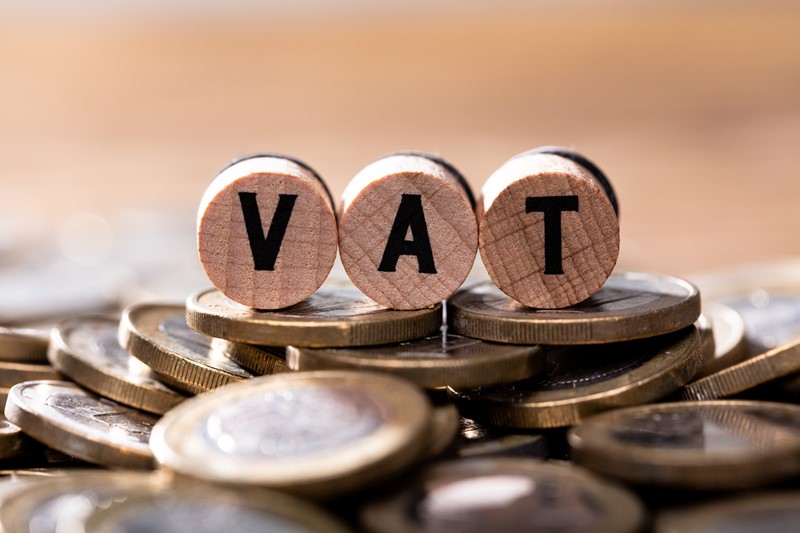As businesses navigate the complexities of taxation, one critical aspect to understand is the taxable turnover threshold for VAT registration. Currently set at £90,000, this threshold will remain unchanged on 1 April 2025. For businesses operating in the UK, it’s essential to grasp how this threshold influences their VAT status. Furthermore, updates from HMRC regarding VAT notice 700/1 provide valuable insights into estimating taxable turnover and when to submit VAT returns.
Understanding VAT Registration Thresholds
To determine whether a business must register for VAT, it’s essential to understand the conditions surrounding the taxable turnover threshold. According to HMRC guidelines, a business is required to register for VAT if:
- At the end of any month, the value of the taxable supplies made in the past 12 months exceeds £90,000.
- There are reasonable grounds for believing that the value of taxable supplies to be made in the next 30 days alone will exceed £90,000.
Additionally, it’s worth noting that for businesses engaged in relevant acquisitions from other EU member states into Northern Ireland, the taxable turnover threshold is also set at £90,000. If you’re still unclear about when and why you should register for VAT, consulting a professional such as Simply Accounts Accountant Chester can provide tailored guidance to your unique situation.
Estimating Taxable Turnover
In the recent updates to HMRC’s VAT notice 700/1, businesses are encouraged to correctly estimate their taxable turnover when registering for VAT. Estimating taxable turnover involves looking at the total value of taxable supplies, which includes sales of goods and services that can be taxed.
When estimating this turnover, consider factors such as seasonal peaks in sales, promotional events, or changes in market demand. Accurate estimations can help prevent unexpected VAT registration obligations or the need for deregistration later on.
VAT Registration for Non-UK Businesses
Another crucial aspect of VAT registration pertains to businesses with no physical presence in the UK. These foreign businesses may still be liable for VAT registration if they supply goods or services to the UK market or expect to do so in the next 30 days. This requirement allows HMRC to ensure compliance and tax collection from international suppliers operating within the UK economy.
For non-UK businesses, it is vital to understand that the £90,000 threshold still applies to them, just as it applies to UK-based companies. This means that if their taxable sales meet this criterion, they are required to register for VAT.
VAT Deregistration Threshold
Conversely, the taxable turnover threshold that determines whether businesses can apply for VAT deregistration is set at £88,000. If a business’s taxable turnover falls below this threshold, they may apply to deregister. This provides businesses some leeway as they experience fluctuations in turnover, allowing them to manage their VAT obligations more effectively.
Maintaining accurate records is crucial for monitoring your taxable supplies, ensuring you remain compliant with HMRC requirements, and enabling you to make informed decisions about VAT registration or deregistration.
When to Submit VAT Returns
Understanding when to submit a VAT return is another key component of VAT compliance. Businesses registered for VAT are generally required to submit VAT returns quarterly or annually, depending on their chosen reporting period. These returns can be complex, and failure to submit accurately and timely manner can pose financial consequences.
For detailed assistance on submitting VAT returns and adhering to the latest regulations, it’s advisable to seek advice from professionals like Simply Accounts Accountant Chester, who can help navigate the complexities of VAT.
Understanding the taxable turnover threshold of £90,000 for VAT registration is crucial for all UK businesses navigating their duties under VAT law. With recent updates from HMRC on estimating taxable turnover, registration processes, and return submissions, businesses should stay informed and adapt accordingly.
It’s essential to consult with qualified professionals, such as Simply Accounts Accountant Chester, Accountant Stoke On Trent, Accountant Wrexham, Accountant Warrington, Accountant Shrewsbury, to ensure you are compliant and make informed decisions about when and why you should register for VAT. The right guidance can alleviate confusion and help maintain your business’s fiscal health, allowing you to focus on growth and success.


